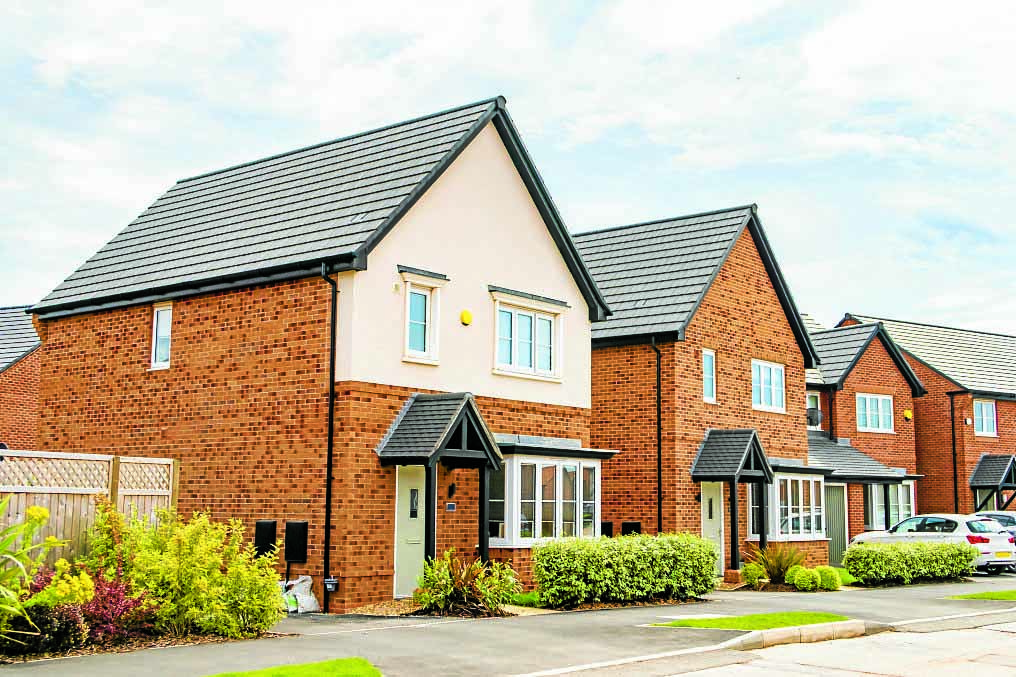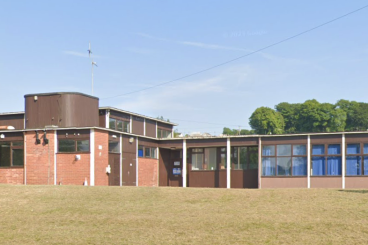HOMEOWNERS and landlords from this region are being encouraged to take part in a critical consultation on proposals to make new laws around energy efficiency of homes and other buildings in Scotland.
Entitled ‘Delivering Net Zero for Scotland’s buildings – Heat in Buildings Bill’, the proposed new legislation would aim to deliver action on fuel poverty and greenhouse gas emissions targets, through changing the way we heat our homes, workplaces and other buildings.
At present, heating Scotland’s two million homes and 100,000 non-domestic buildings is the third-largest cause of greenhouse gas emissions, generating almost 25 per cent of all Scotland’s greenhouse gas emissions every year.
In addition, poor levels of energy efficiency are responsible for fuel poverty and pressure on the finances of businesses.
The new Bill, which is to be considered by the Scottish Parliament, aims to address polluting heating systems directly, and improve the energy efficiency of Scotland’s building stock.
In homes and places of work, the Scottish Government plans to:
Re-confirm that the use of polluting heating systems will be prohibited after 2045;
Require those purchasing a home or business premises to end their use of polluting heating systems within a fixed period following completion of the sale.
In terms of energy efficiency improvements in homes, the Scottish Government also plans to:
Introduce a new law that will require homeowners to make sure their homes meet a reasonable minimum energy efficiency standard by 2033;
Propose that private landlords will be required to meet this minimum energy efficiency standard by 2028.
To take part, go to https://consult.gov.scot/ by March 8.
Encouraging participation Dr Martin Valenti, director of Net Zero at SOSE, said: “Changing the way we heat our homes, workplaces and other buildings is vital.
“In addition, investment in energy efficiency can play a critical role in reducing the financial pressures on households and businesses.
“The Heat in Buildings Bill will be the crucial piece of legislation to achieving these aims, but it is important the voices of those in rural areas such as the South of Scotland are considered.”
























